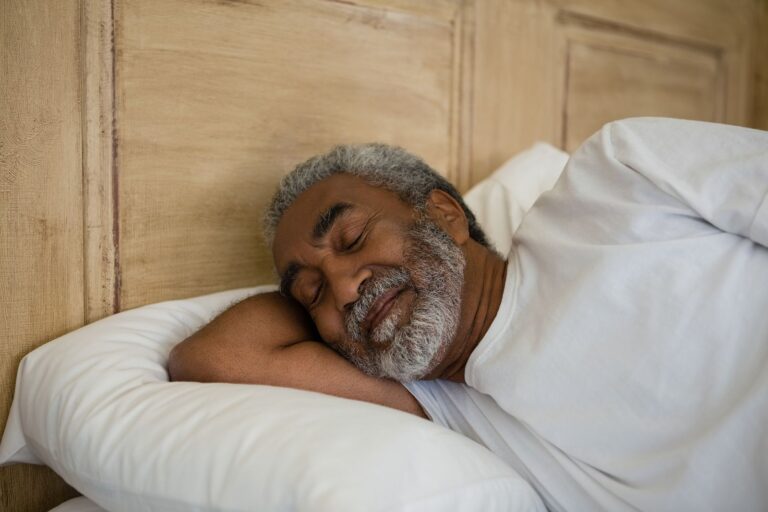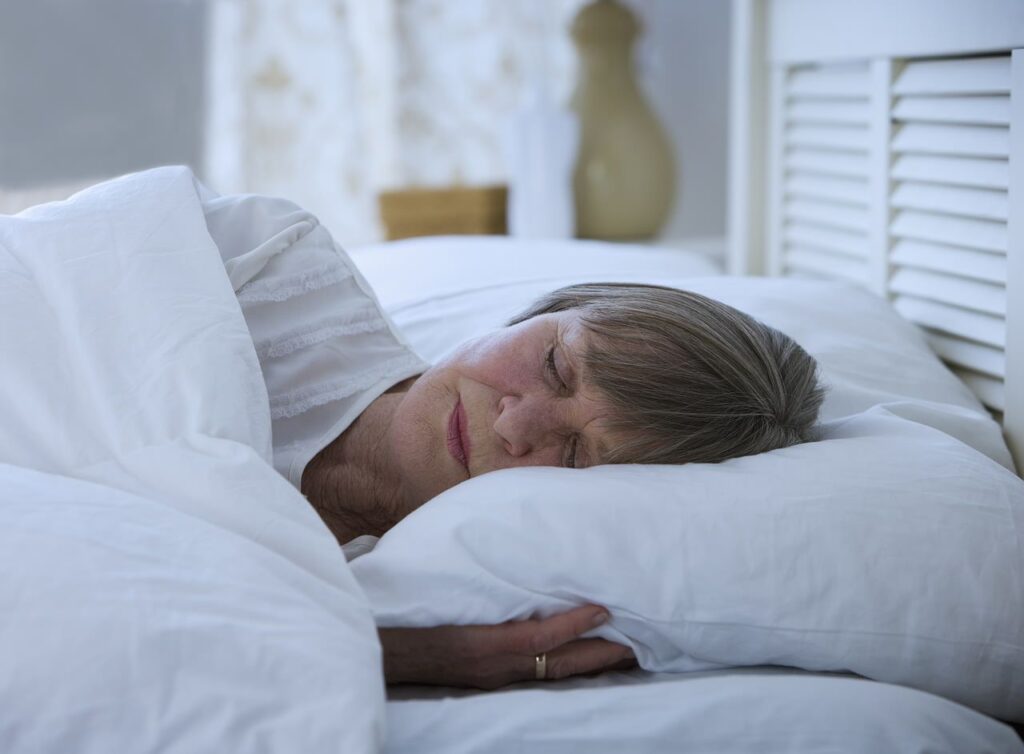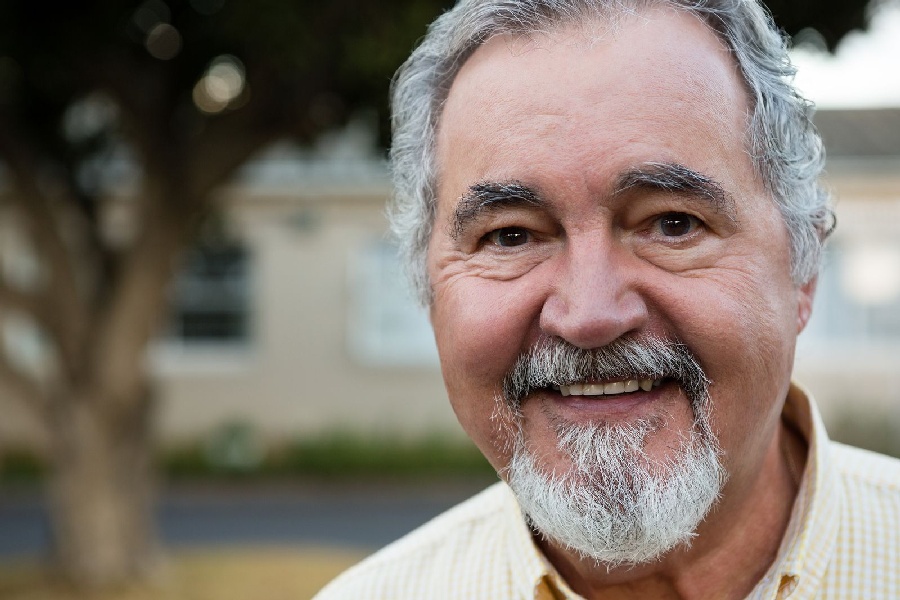
5 Good Sleep Don’ts
Finding it more difficult to get a good night’s sleep is one of the less welcome things that can come with getting older. At least for some of us.
There are various reasons why sleeping sometimes becomes more of a challenge in later life. Some sleep problems are actually caused by things we are doing that impact our ability to sleep well. Some of our daily and bedtime habits can make it harder to fall asleep and stay asleep. If we change these habits, we may find that we sleep much better.
Just a few things that can impact sleep quality...
FOOD. Eating certain foods make it harder to sleep, such as fatty, spicy and highly processed foods. Avoiding these foods, especially in the evening, can help you sleep better. In fact, eating anything close to bedtime may affect sleep. It’s best to have a healthy dinner at a reasonably early hour and then, if possible, to avoid eating after dinner.
CAFFEINE. Many people avoid drinking coffee in the evening because they know it contains caffeine, which can interfere with sleep. But coffee isn’t the only source of caffeine that may keep us from sleeping well. There’s caffeine in chocolate as well as in anything containing cocoa. Many varieties of tea also contain caffeine. Even decaffeinated coffee still has a certain amount of caffeine. Of course, some people are more sensitive to the effects of caffeine while others can drink a cup of coffee or hot chocolate right before bed and sleep still like a baby.
ALCOHOL. Yes, a glass of wine or mixed drink can make you feel drowsy and you may even fall asleep fairly quickly after downing one, but drinking alcohol before bed can affect the kind of sleep you experience. It can lessen what is called “restorative sleep” and keep you from feeling well rested after sleeping.
ELECTRONIC DEVICES. There’s lots of evidence that using electronic devices, such as tablets, phones, and e-readers, and even TV, at bedtime can cause sleep disturbances. The artificial blue light produced by these devices can alter the body’s sleep cycle and reduce the production of melatonin, a sleep inducing hormone. Most manufacturers now offer some kind of option to enable you to filter out blue light when using devices around bedtime. Look for your device’s “blue light filter.”
MEDICATIONS. Some common prescriptions and over-the-counter medications can interfere with sleep. Some contain ingredients that may make sleep difficult for several hours after they are taken. Some can upset the stomach if taken right before lying down. Of course, there are certain medications that must be taken at night to be the most effective. If you are taking medications and experiencing sleep issues, speak with your doctor. Together, you can find the best course of action to meet your medical needs and sleep requirements.


Age Adds Flavor
We are not old, we are seasoned!
Don’t forget to visit us on FACEBOOK!
